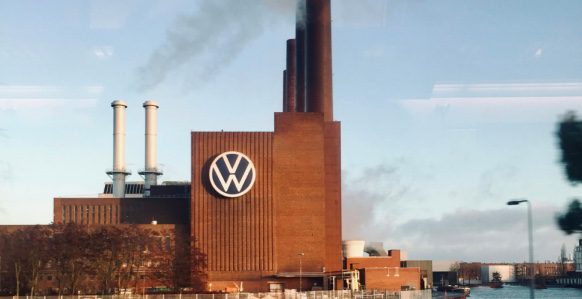
China and manufacturers feeling the bite of Xinjiang product bans
Human rights groups estimate that more than 1 million Uyghurs and other Muslims minorities have been detained and held in modern slavery and forced labor in the Xinjiang region of China. Thousands more have been forced into labor schemes and transferred out of the Xinjiang region to work in factories, sometimes for global brands. Many countries have recently passed legislation to ban products made with Uyghur forced labor from entering their country. Now both China and foreign companies like Volkswagen (VW) who manufacture in Xinjiang, are starting to feel the effects of that legislation.
Forced labor a standard feature of China’s crackdown
It is well documented that the Chinese government uses forced labor as a tool of oppression against the Uyghurs and other minority populations concentrated in Xinjiang. Over a decade ago, in return for Chinese authorities approving an expansion in Guangdong, VW opened a manufacturing plant in the Xinjiang region. Now that investment has come home to roost.
According to an article in the Financial Times:
“The German auto group is learning the hard way that politically driven investments have the potential to become hefty financial and reputational risks.”
After media published allegations of VW having benefited from Uyghur forced labor in the manufacture and building of its test track, the company was disqualified from Germany’s Union Investment sustainable funds. A few days prior to the damaging report, the BASF Group, another German company who produces oil and natural gas, announced they would sell their stakes in two Xinjiang chemical plants.
